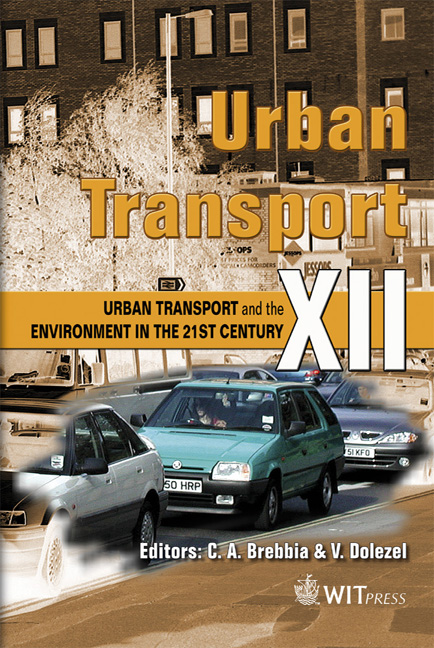Evaluation Of Urban Transport Management
Price
Free (open access)
Transaction
Volume
89
Pages
10
Published
2006
Size
492 kb
Paper DOI
10.2495/UT060111
Copyright
WIT Press
Author(s)
J. Murphy & D. O’Cinneide
Abstract
The evaluation of a diverse range of transport management measures requires a complex yet pragmatic approach; covering the entire spectrum of impacts on the environment, society, economy, transport and energy. Using a mixed-method evaluation framework, combining qualitative and quantitative data collection methods, provides a broader more comprehensive transport management evaluation. This incorporates environmental and social aspects with the more traditional cost and transport elements. In this paper performance indicators were used in a multi-criteria analysis to monitor the impacts of transport management measures, through the use of ex-ante and ex-post scenarios. A 14-step guide to project evaluation is drawn up. The evaluation requirements for different scales of transport management projects are also considered, as well as the shortcomings of existing techniques. Experience gained from the evaluation of the EU CIVITAS project, MIRACLES, is used to derive future evaluation recommendations. Keywords: EU CIVITAS, MIRACLES, transport management evaluation, performance indicators. 1 Introduction This paper discusses the evaluation of transport management; the evolution of the evaluation framework and the methodology. Evaluation methods recommended are based on a review of the evaluation of transport management measures in Cork as part of the EU project MIRACLES. In recent years, increased private mobility in metropolitan areas has caused a rapid decrease in the quality of urban environment. Transport related issues such as congestion, poor air quality, noise levels and growing energy consumption are a clear challenge facing European countries.
Keywords
EU CIVITAS, MIRACLES, transport management evaluation, performance indicators.





